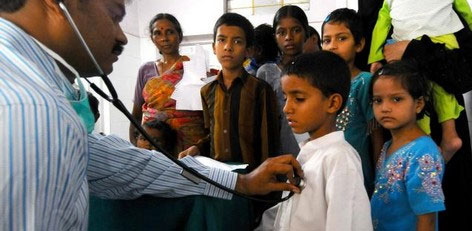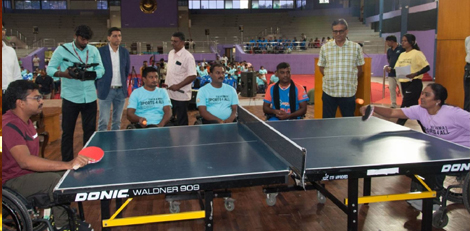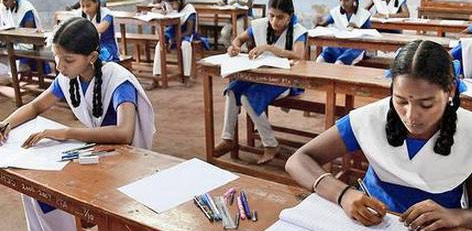Monkey fever is spreading slowly, its symptoms and treatment
Posted on: 27/Mar/2019 10:47:17 AM

Wayanad is a beautiful and amazing place with lots of greeneries all over and is located in Kerala. In this district in Kerala there is now a fever that has claimed a life of a person. This fever is called as KFD or Kyasanur Forest Disease or Monkey fever. This KFD is said to be highly infectious tick borne viral haemorrhagic fever with low survival rate.
Shocking piece of news is 4 more have been infected with this fever now and are undergoing treatment for this. It was way back in the year 1957 this KFD was first identified and this is caused due to Kyasanur forest disease virus or KFDV. This virus belongs to family called ‘Flaviviridae’ and it also includes other fevers like yellow fever or dengue fever etc.
As per the DMO or District Medical Officer of Wayanad, Dr. Renuka, the officials in the Wayanad district are on high alert and are closely working with the Karnataka state health department. This is to make sure that the people working in the forests who are prone to coming in contact with the ticks are alerted about this KFD.
The important information gathered is vaccination drive has already started and it is going in the right direction with some guidance from the officials who have handled the outbreaks in the Shivamogga district in Karnataka in January 2019. It is revealed that the transmission of this disease might take place after a tick bite or contact with the infected animal or sick/dead monkey etc.
Symptoms:
There are various symptoms of this monkey fever or KFD and these are fever, chillness, headaches, vomiting, severe muscle pain at the back of the neck. Other symptoms like gastrointestinal issues, bleeding etc could also occur. Some persons with this fever would have abnormal low BP, low platelets, RBC etc.
Treatment:
It is said that early hospitalization of the person affected with monkey fever, maintenance of hydration and management of neurological symptoms could prevent or control bleeding issues. Complications could also be prevented. Wearing protective clothes, using insect repellents, avoid contacts with dead monkeys etc are the other preventive steps.







